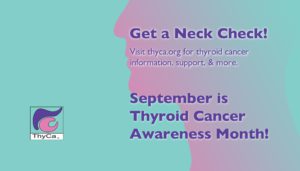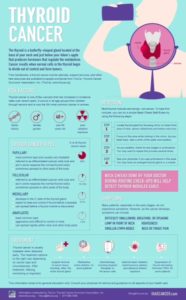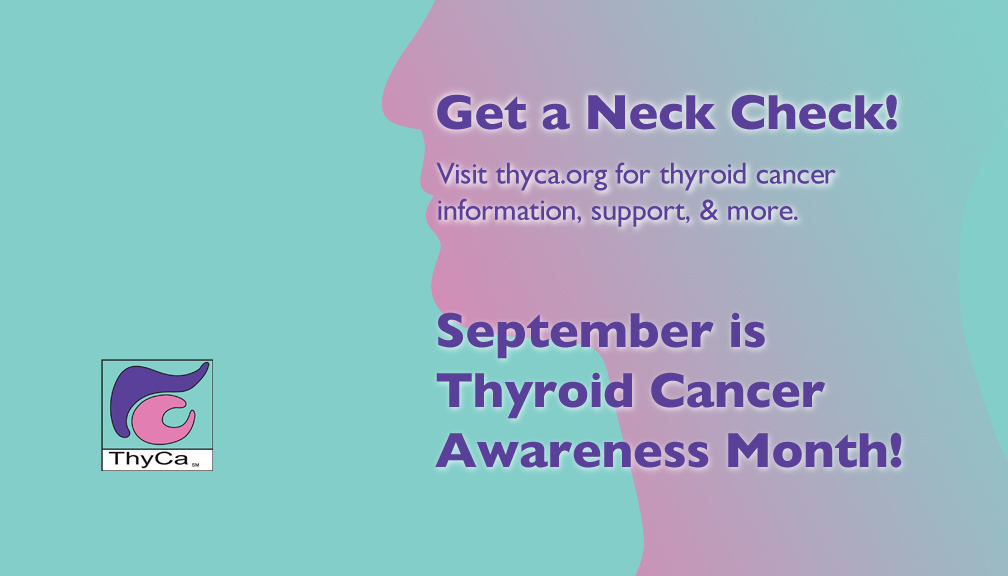Sometime around the fall of 2014, I began to feel “off.” All summer, I had been crankier than normal and felt achy all the time. I could go to bed around 9 p.m. and sleep all night and still be tired in the morning. Since I was the mama of a preschooler whose only mode was—and still is–“go-go-go,” I just attributed it to typical mom exhaustion. It was when I began falling asleep on the floor while playing with my daughter in the middle of the day that I knew that something wasn’t right, so I called my doctor.

After several blood tests, my doctor found that my thyroid levels were elevated, which means I had hypothyroidism. Several women in my family have this disorder, including my mom and grandmother, so I can’t say I was surprised. I also was diagnosed with Hashimoto’s thyroiditis, an autoimmune disorder that destroys the thyroid and causes fatigue, joint pain, menstrual problems, anxiety, and infertility—all issues that I’d been dealing with for years.
Moreover, I already knew I had nodules on my thyroid, which were discovered after I had an X-ray for a bad cough several years prior. Benign nodules, I’ve been told, are “quite common” among women in Western Pennsylvania. Although I was concerned about my blood work, I really wasn’t worried about the nodules. My doctor had been following them with annual ultrasounds, and everything had been A-Okay.
Still, after my blood work came back all wonky-like, my doctor suggested I go for a follow-up ultrasound on my thyroid, even though I had just one had six months before. That was when I learned that my nodules had not only grown, but also multiplied. Because there were now so many nodules, there would be no way to tell with 100% certainty whether cancer was lurking. So, after multiple discussions with my doctor and surgeon, we decided that the best course of action was a thyroidectomy, or complete removal of my thyroid.
The surgery took place in February 2015. Save for not being able to eat solid food for a week, it was routine with no complications. Ten days later, I found myself sitting in my surgeon’s office, anxiously waiting. As soon as she walked in, she told me, “I believe that everything happens for a reason.” It was then that I knew: thyroid cancer.
While no one is ever prepared to receive a cancer diagnosis, and even though I had steeled myself for the worst, I was still completely caught off guard when my surgeon told me that the pathologist had found three papillary microcarcinomas—tiny malignancies less than 1 cm in size.
Thankfully, the “bad spots” were confined to my thyroid, so no further treatment was necessary. I’ll be on medicine for the rest of my life and am routinely monitored by my endocrinologist. And while I am grateful that my cancer was caught early, it’s frustrating to know that I’ll never feel 100% again. My energy level is nowhere near where it used to be, and I still struggle with feelings of anxiety and mood swings. As a result of the surgery, I’ve also developed hypoparathyroidism, too, which means that my parathyroid glands don’t function as well as they used to.

In the nearly two years since my surgery, my scar has faded, and I’ve learned more than I’ve ever wanted to know about thyroid disorders and thyroid cancer. As the fifth most common cancer in women, cases of thyroid cancer have been increasing in recent years. In fact, incidence has more than doubled since the 1970s, although the cause of this increase is not completely understood. Some researchers say it’s environmental, because our bodies are being overloaded with toxins and pollutants. Others say that the rise in incidence is due to better diagnostics. Whatever the cause, more than 64,000 men, women and children will be diagnosed with thyroid cancer in 2016.
Because September is Thyroid Cancer Awareness Month, I want you to learn from my experience. If you’re not feeling as well as you should be, ask your doctor to “check your neck” and also your thyroid levels with a simple blood test.
There are many different types and variables of thyroid cancers, with some being more aggressive and therefore more difficult to treat. As with all cancers, early detection is key. For more information about thyroid cancer, visit thyca.org.















